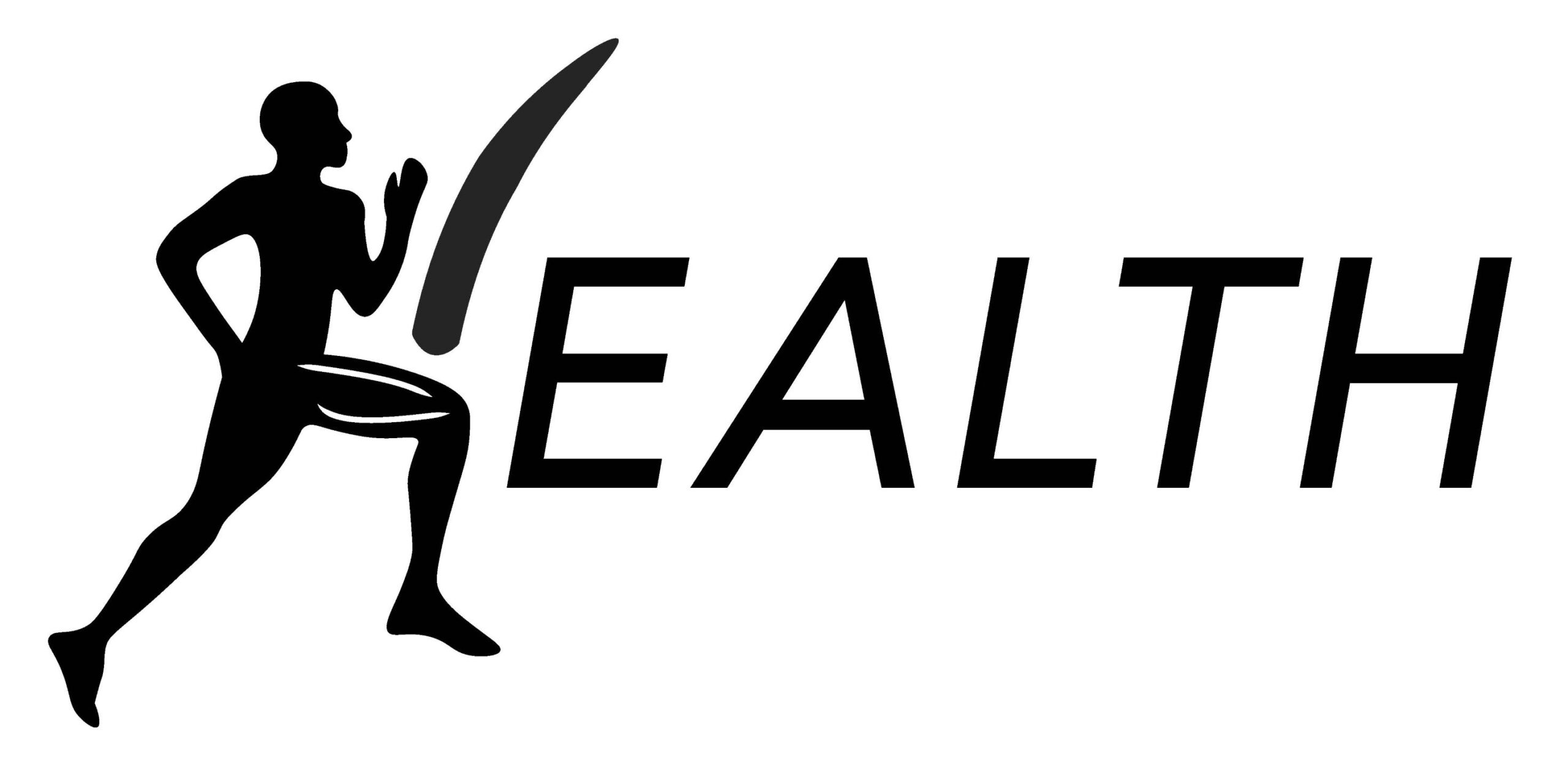The High-Intensity Exercise Study to Attenuate Limitations and Train Habits in Older Adults With HIV

Years: 2020-2025
Background
Older adults living with HIV often experience earlier onset of age-associated comorbidities, poorer physical function, and a disproportionately high symptom burden, including fatigue. Physical exercise is an important nonpharmacological strategy to counterbalance both the adverse effects of ART and chronic HIV infection. High-intensity interval exercise training (HIIT) is safe and to has can have superior efficacy in improving health outcomes compared to continuous moderate exercise (CME) in those with chronic illnesses. Despite its benefits, little is known about HIIT for PLWH, although it has recently been shown to be a feasible and efficient strategy to improve cardiorespiratory fitness in older PLWH.
Study Aims
- Determine whether HIIT mitigates physical function impairments, fatigue, and impairments in mitochondrial bioenergetics of older adults with HIV to a greater extent than CME;
- Determine whether a biobehavioral coaching and mHealth text messaging intervention following HIIT or CME can promote long-term adherence to physical activity.
Research Design
The HEALTH Study is a randomized, parallel group, superiority trial of 100 older PLWH (≥ 50 years of age) who self-report fatigue and have a sedentary lifestyle. The exercise intervention will last 16 weeks, followed by the biobehavioral intervention lasting 12 weeks. After baseline assessments, participants will be randomized 1:1 to HIIT or CME training (exercise intervention). After completing the 16-week exercise intervention, participants will repeat baseline assessments. The supervised exercise training period will be followed by a 12-week maintenance phase (biobehavioral intervention), wherein participants will be randomized to an mHealth coaching intervention or to a control condition. Our primary outcomes include changes in the 400-meters walk test, total morning fatigue and total evening fatigue scores, and state 3 mitochondrial respiration between pre- and post-exercise intervention. Additionally, changes in habitual levels of physical activity measured pre-exercise, post-exercise/pre-biobehavioral, and post-biobehavioral intervention. This study was registered at ClinicalTrials.gov #NCT
Results
Recruitment is underway in the Denver, CO and Seattle, WA metropolitan areas. Please contact us to learn how you can volunteer for this study.
Research Publications
- Adhiambo, H. F., Cook, P., Erlandson, K. M., Jankowski, C., Oliveira, V. H., Do, H., … & Webel, A. R. (2024). Qualitative Description of Exercise Perceptions and Experiences Among People With Human Immunodeficiency Virus in the High-Intensity Exercise to Attenuate Limitations and Train Habits Study. Journal of Cardiovascular Nursing, 10-1097.
- The High-Intensity Exercise Study to Attenuate Limitations and Train Habits in Older Adults With HIV (HEALTH): A Research Protocol. Journal of the Association of Nurses in AIDS Care. 2022 Mar-Apr 01;33(2):178-188. doi: 10.1097/JNC.0000000000000276.
- Blunted Muscle Mitochondrial Responses to Exercise Training in Older Adults With HIV. J Infect Dis. 2021 Aug 16;224(4):679-683. doi: 10.1093/infdis/jiaa799
Media
What’s the Best Exercise for People With HIV Over 50? – POZ
Research Team
Principal Investigators
- Allison R. Webel, RN, PhD, FAAN, School of Nursing, University of Washington, Seattle, WA
- Kristine M. Erlandson, MD, MS, University of Colorado Anschutz Medical Campus, Aurora, CO
Co-Investigators
- Catherine Jankowski, PhD, University of Colorado College of Nursing, Anschutz Medical Campus, Aurora, CO
- Paul F. Cook, PhD, University of Colorado College of Nursing, Anschutz Medical Campus, Aurora, CO
Support
This study is funded by the National Institute on Aging # R01AG066562 (PIs: A. R. Webel and K. M. Erlandson).


